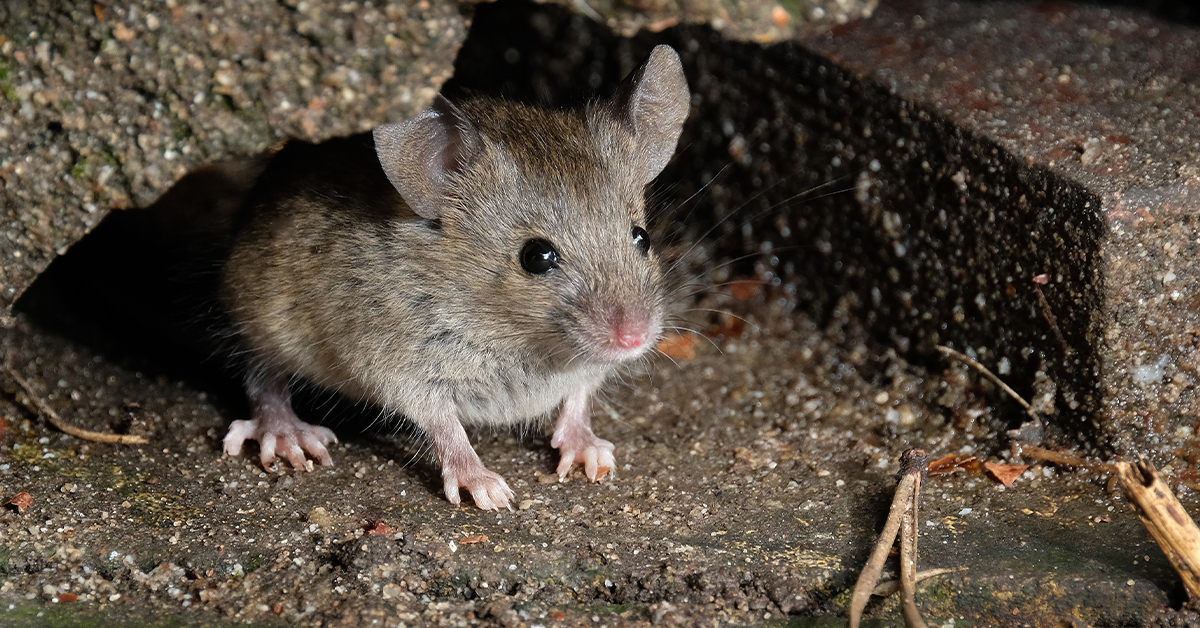In 2012, Superstorm Sandy was a wake-up call for Long Island residents. We learned that climate change – once dismissed as a problem mainly for those in hotter climates – might be knocking on our door.
In the decade since then… we have seen warmer, shorter winters and a warming, rising Long Island Sound. Climate change is already having an effect on Long Island’s ecosystems, and it’s affecting pest populations as well. Even rodents are feeling the effects of warmer winters – and changes to their biology and habits will ultimately impact us.
Will Climate Change Affect Rodents?
Rodents like rats and mice are highly adaptable, and they respond to a changing climate faster and more effectively than many other animal species. Climate change is already influencing the size, distribution, and breeding habits of rodents, which will – in turn – influence other animals as well as humans.
What Will a Warming Climate Do to Rats?
Rat reproduction typically slows significantly during the winter. As winters warm through, fewer rats die off and more rats reproduce…. creating a rat population explosion. These rats are also larger and may be more aggressive than past generations. Some cities have even hired “rat czars” to address burgeoning rat populations and are referring to their current situation as a “ratpocalypse.”
In other bad news for our region, southern climates may become too hot for rats – and they will migrate northward. In coming years, we are likely to see fewer rats in the southern regions of the U.S. and more in places like New York and New England.
What Does Climate Change Mean for Mice?
Like rats, larger numbers of mice are surviving warmer winters. Mice are prolific breeders that reproduce rapidly and exponentially. So, their numbers could reach a tipping point and become overwhelming… leading to environmental and public health crises. Also, mouse populations (similar to rats) are beginning to show signs of an overall northward migration – which is bad news for Long Island – with its biome that is very hospitable to rodents.
As climate change causes extreme weather events, we are more likely to see mouse plagues, like those that have occurred in Australia since the 1990s. It’s a situation where the mouse population exploded in response to an extreme drought and heavy rainfall cycle.
How Will Rodent Population Changes Affect Humans?
Expanding and migrating rat and mouse populations mean more rodents will find their way into Long Island homes and businesses. Wild animals, livestock, people, and pets all will have more exposure to rodents and the diseases they carry. A ratpocalypse or mouse plague could devastate agricultural and tourism interests. Added to the damage rodents can do to property and infrastructure, the economic implications could be staggering.
Apart from the “ick” factor of having unwanted pests in your house or nearby, rodent-borne diseases are a serious concern. Rats and mice transmit a wide variety of bacteria and viruses… either directly through bites, blood, urine, or feces, or indirectly through bites from ticks, mosquitoes, fleas, or mites that have previously fed on a disease-carrying rodent.
Growing numbers of white footed mice are particularly concerning. These pests, native to and abundant on Long Island, carry the bacteria responsible for Lyme disease. When young ticks feed on these mice, they pick up the bacteria and later transmit the debilitating disease to humans. More mice could mean a troubling rise in Lyme disease cases.
As Rodents Evolve, So Does Twin Forks Pest Control®
The news may sound alarming, but as rodents evolve, so will we. Twin Forks Pest Control® has been eliminating rodents for over 20 years, and we will continue to offer state-of-the-art pest control to residents of Long Island’s East End. At the first sign of rodents in your house or on your property, call us for a free estimate.

